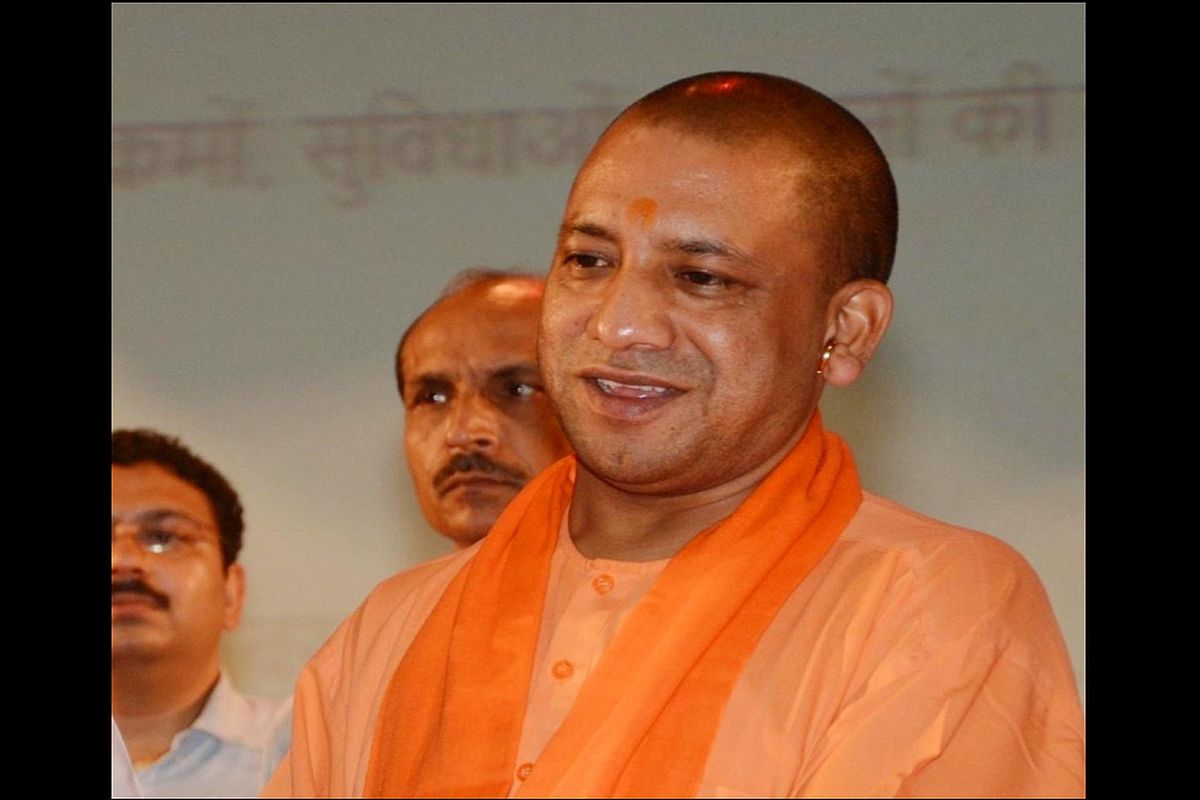Measures aimed ostensibly at controlling the coronavirus epidemic have increasingly been used to counter dissent. Certainly Uttar Pradesh Chief Minister Yogi Adityanath, whose government cited the need for social distancing as the reason for keeping journalists and politicians away from the home of a rape-murder victim who was cremated at the dead of night in Hathras last week, will seek comfort in the fact that he is not the only politician to have taken refuge in a public health measure to keep an inconvenience at bay.
Last week, the government of Prime Minister Benjamin Netanyahu, pushed through a law that restricts demonstrations as part of a coronavirus related state of emergency, which saw the country tightening lockdown measures over the weekend.
Advertisement
The law shuts down many workplaces, markets, places of worship, schools and cultural venues and has been justified on the ground that Israel has the world’s highest weekly per capita infection rate. It allows the government to declare a renewable special emergency for a week at a time to contain the virus spread.
But as Mr. Netanyahu faces mounting protests over charges of corruption and his government’s handling of the epidemic, critics have been quick to slam the new measures as a means of stifling dissent, with one opposition leader saying, “The anger growing in the streets will find its way out.”
While Mr Netanyahu has won some praise for the peace arrangements that he reached with the United Arab Emirates and Bahrain, this has clearly not been enough to stem the anger at his administration, now widespread, and seen in frequent eruptions of anger. With the new restrictions limiting the numbers of demonstrators as well as the length of a procession, Mr Netanyahu hopes to be able to breathe easier. He has already made it clear that lockdown measures, due to end on 10 October, would be extended by a month, and possibly longer.
The country’s health minister is on record as saying that the government had learnt from its mistake of opening prematurely earlier this year and has promised that “the opening of the economy and our lives will be gradual and slow.”
Israel has recorded nearly a quarter million infections and more than 1,500 deaths in a population of nine million. Mr Netanyahu’s opponents though are adamant that the extraordinary measures will not curb protests. The leader of the left-wing Meretz party, Yair Golan, has warned that the new law “won’t stop the demonstrations”, which have been carried out outside Mr.
Netanyahu’s residence in Jerusalem. While protestors want him to step down over his mismanagement of the epidemic and his ongoing trial on corruption charges, the latest measures would seem to suggest that the Israeli Prime Minister will not go down without a fight.









